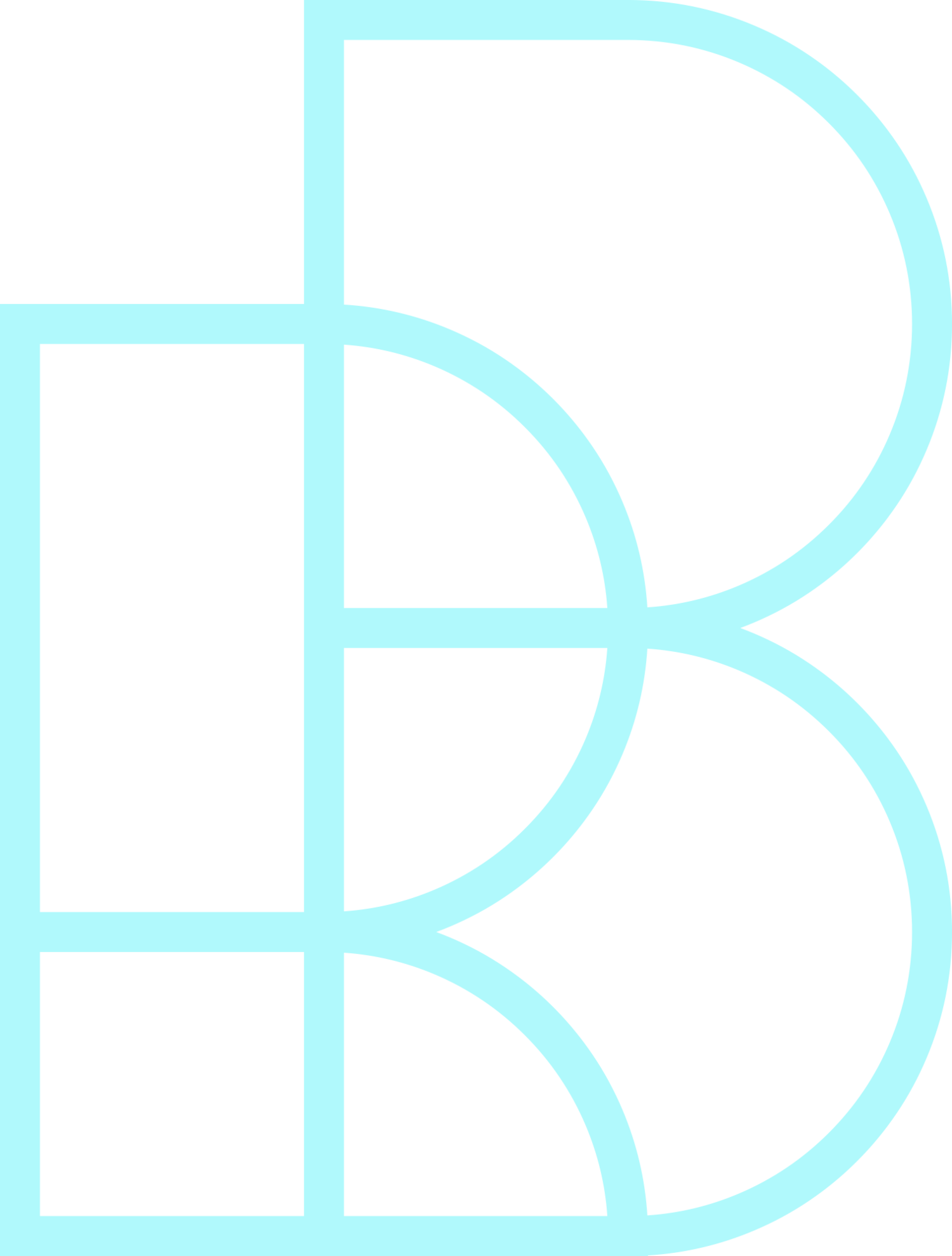Panta Rhei
I have a friend who, a number of years ago, was moving into a new house. We were talking about the layout of furniture and for some odd reason it came up that he didn’t have a ‘side of the bed’. This concept froze me in place. At the end of the day when he and his wife got into bed, sometimes he would be on the one side and maybe the next night on the other. Whoever got into bed first randomly decided on a side and the other followed suit. It’s been 15 years and the idea still has me in a deep state of shock. Conversely another friend, after splitting in a relationship, slept on the same side of a king bed all alone for years before she realized she didn’t have to, which is way more my speed. Really, I ask, what kind of demented couple randomly gets into bed on different sides on different nights? I literally would lay there staring at the ceiling until dawn. I can sleep on the wet sole of a tossing boat, in a storm, a week from land, but to sleep on Lani’s side of the bed is a non-starter. Change is one of my five Core Beliefs, yet let’s be honest, it totally freaks me out.
It was Heraclitus (a Greek philosopher) who coined Panta Rhei around 500BC. This translates to everything flows, or more simply put – change. Buddha, at basically the same time, calls this Impermanence. We see an extraordinary flow of philosophy between east and west from about 600BC to about Christ’s time, when so much of our philosophical foundations were being set in place. And yet, each felt the need to describe and discuss change. In leadership, we have models for change (steps on creating change in organizations), in undergraduate leadership each student has a ‘change project’. Change is built into the fabric of progress. We anticipate change, we require change, yet we hate change. It was those early philosophers who said it best when they framed it as the problem of change.
Why is change such a problem? I kinda get it, change brings up so many questions and unknowns. Just look at the battles over change in the Russian/Ukrainian conflict. It’s a great example of how existential this can feel. Putin is still pissed about seeing the USSR atrophy, and Ukraine clearly has no interest in going back to the old guard. Change is jacking up a lot of people at the moment. And, my heart breaks, reinforcing the example in the power of leadership and the importance of those who we give the responsibility for change.
However, I also know change can be good, fun even. I love the seasons. Without a long hot summer, fall loses its flavor. Spring is much more exciting when we’ve had a robust winter. No matter how beautiful the snow was, we find ourselves longing for the rebirth of our earth. A sunset is change. Even our most intimate family units change and we get excited about watching the next generation grow, succeed and create their own families. I’ve often felt a marker for good parenting is independent children. It’s kind of a kick in the crotch when you realize the child you loved so much is doing great when they confidently grow up and move on. It hurts and is exciting all in the same breath.
To a great degree the discipline I share with my wife, kids and students fits into that bucket. We base a landscape on change, we plan for it, we even require it. Daffodils that are celebrated in May will be replaced with roses of June. Mid-summer echinacea lasts a long time but soon gives way to the rusty textural sprigs of little bluestem. Over time the oaks and maples we plant as babies become the shade trees of the future. If we plan a core-ten fountain it only becomes the dynamic piece in the courtyard with a year of patina. Ipe greys, time passes, new spaces to an owner are filled with parties and soon they feel like home. Change is a beautiful, healthy, disastrous concept; it is the problem of change.
One of our pool builders had an excavator on site late last fall setting a liner. The corner of the drive broke in the process. To which he said “our work is like giving birth, it will be so beautiful in the end but not without some pain during the process”. I love the idea of our process being likened to birth. Our process can be a stressful impact on people: big costs, big decisions, unknown solutions, lots of pain in a year’s long installation – much like a birth. Also, like childbirth, a beautiful creation celebrated by friends and family alike.
We figured it out 2500 years ago; change happens. Impermanence is the reality of our human experience. And we won’t escape the pains of birth during the many shifts within impermanence. But we aren’t helpless. We get to choose some of our changes and we get to choose our outlook. The biggest thing we can do is accept impermanence, embrace the process and set a strong determined mindset in place…best seen in the Ukrainian people who have so deftly demonstrated that exact constitution to the world these last few weeks.



